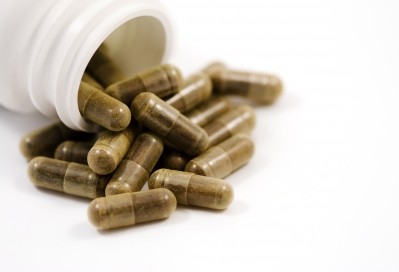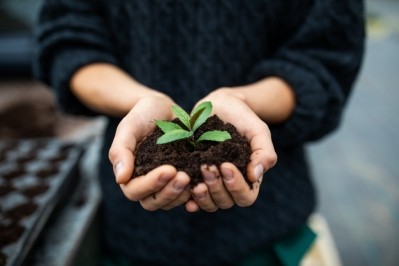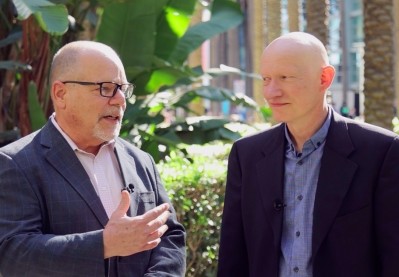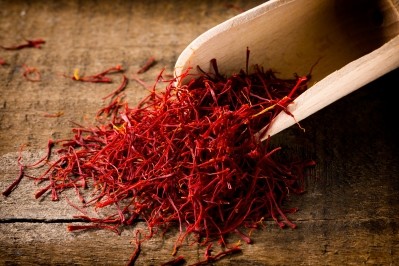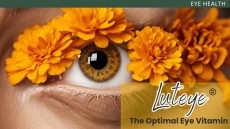Guest article
ABC expanded education mission in 2021, with more to come
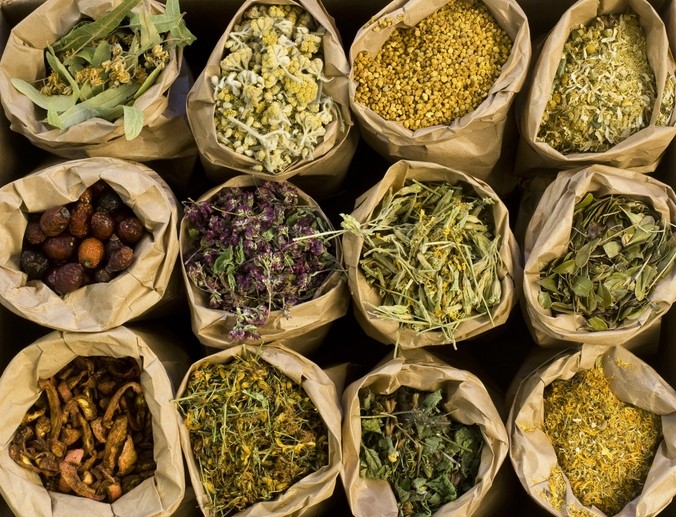
In 2021 the nonprofit American Botanical Council, now in its 34th year, continued its unique nonprofit research and educational mission on many fronts and levels. Of note is the publication of the extensive 32-page article on saw palmetto by botanical expert Steven Foster, published in issue #132 of ABC’s peer-reviewed journal HerbalGram. The article deals with the history and other aspects of saw palmetto in Florida and contain some never-before-published information on this important native American medicinal plant.
ABC was one of the first entities in the botanical sector that predicted challenging supply issues in the global market as the Covid-19 pandemic started and consumer demand for immune-enhancing botanical products increased. In April 2020 ABC cautioned its industry members and other stakeholders about predictable problems of increased adulteration and fraud and encouraged all responsible parties to increase appropriate quality control activities to confirm authenticity of botanical ingredients.
Herb Market Report
ABC’s widely-cited annual Herb Market Report for 2020 (published in HerbalGram #131) documented the record increase in herb supplement retail sales in the U.S. – a whopping 17.3%, with elder berry products ranking at the top in the mainstream retail channel and second in the natural channel. Due to the rapid increase in sales, ABC focused on the authenticity of elder berry and documented for the first time in a peer-reviewed scientific publication the adulteration of elder berry raw materials and finished consumer products, summarizing analytical reports from eight herb industry laboratories, in articles in ABC’s HerbalEGram and peer reviewed journal HerbalGram.
This vigilance regarding potential and actual adulteration of botanical materials is one of the key areas of ABC contribution to the global medicinal plant community – highlighted by the ABC-AHP-NCNPR Botanical Adulterants Prevention Program receiving the Best of the Industry award by Nutritional Outlook in December of 2021. The completion of the 11th year of BAPP in 2021 was noted with 69 peer-reviewed publications to date. These include a Botanical Adulterants Prevention Bulletin on Pomegranate, Laboratory Guidance Documents on olive oil and St. John’s Wort, three “Botanical Adulterants Monitor” newsletters, and the elder berry adulteration article mentioned above, all of which were published this year.
In keeping with BAPP’s policy of being transparent, future BAPP publications scheduled for release in early 2022 include bulletins on the adulteration of eleuthero and one on saffron, and a lab guidance document on the widespread adulteration of ginkgo leaf extract. In addition, in 2022 BAPP will hold meetings of stakeholders from academia and industry to share information on recent and future publications and invite input/suggestions on topics for research and publication.
BAPP SOP to be released in 2022
The long-awaited “BAPP SOP for the Disposal/Destruction of Irreparably Defective Articles” will be released in final form in early 2022. Throughout 2022 BAPP will be encouraging individual botanical ingredient and supplement manufacturing companies – as well as trade associations – to publicly adopt the SOP and insinuate its provisions into their supplier agreements and overall GMPs. The BAPP SOP is designed to empower industry members to be able to take more control of the botanical ingredient supply so that they can remove adulterated ingredients from commerce when they are still in quarantine in a buying company’s receiving facility if, according to the provisions of the SOP, the material is deemed ‘irreparably defective’ and thus should be appropriately disposed or destroyed by a certified third-party.
To date BAPP has been financially underwritten or endorsed by over 200 herb and DS industry companies, trade associations, and nonprofit organizations in the United States and internationally. Reports from industry stakeholders acknowledge that they use BAPP publications to set new or revise existing ingredient specifications, and these enhanced specifications sometimes lead to changes in ingredient suppliers, the net result being that more DS products containing authentic botanical ingredients are available to consumers.
Sustainable Herbs Program
One of the major topics that has surfaced to the top of herb industry conversations is that of sustainability. Herb, dietary supplement, and herbal tea industry members are becoming more and more aware of the need for sustainable sourcing and curation of botanical sourcing. For over three years, ABC’s Sustainable Herbs Program (SHP) has educated and inspired industry members to become more aware the need for sustainable and regenerative practices. In early 2021 SHP issued its Sustainability and Regenerative Practices Toolkit and this free and resource-rich document has been downloaded by hundreds of people worldwide. A new, expanded SHP Toolkit 2.0 will be launched in early 2022.
Included in SHP’s mission to increase the environmental and human resource consciousness of the people in the global botanical industry, SHP prefers using the term “value network” rather than “supply chain”. This is for at least two reasons: First, as my old friend Cal Bewick, CEO of Ethical Naturals, who introduced me to the idea, explained: supply chain is an overly-linear concept, while “network” more accurately describes the actuality of the supply provenance of many botanicals in trade. Many come from numerous harvesters, growers, suppliers, processors, and/or producers and become mixed with lots from various sources at some points in their journey to the end consumer.
Concentrating on value
And, it’s more than simply about ‘supply’ – to us here at ABC’s SHP, it’s about the value that people add to botanical materials as they move along the network – the added value with respect to the form of the herb material, whether it be separating plant parts by hand and/or cleaning materials, to their being cut or processed into various botanical materials for teas, or powders, or converted into botanical extracts or distilled into essential oils. All along the network, people add value to the materials, and that human input warrants the awareness, the concerns, and the respect of those who are further along the network, many of whom derive fairly sizable financial gains based on the value added by people earlier in the value network. How can we improve the industry in such a way as to provide more value to the people earlier in the network? How can we ensure equitable and appropriate compensation for the people who produce and process many of the botanicals on which the burgeoning industry relies? It won’t be by racing to the bottom for the lowest price.
Consumer awareness of and concerns about sustainability are a growing and evolving trend; this has been documented in several recent market reports measuring increased consumer willingness to pay a higher price for products from companies that are perceived to be operating sustainably and/or regeneratively, contain sustainably produced ingredients, and/or are sold in sustainable packaging. ABC and SHP have reported on this inexorable trend.
Free webinar series
As part of its educational mission, ABC’s SHP conducted 16 free-access webinars in 2021 with over 12,000 registered participants and over 50,000 total viewers (including those who accessed the archived versions of the webinars). They covered a wide range of subjects dealing with the people-plant relationships and interactions, from ethnobotanical subjects, survival of plants and cultural issues, to developing sustainable and regenerative supplies of medicinal plants, and more.
In 2021 SHP conducted the first in a series of “brown bag” seminars among its underwriters in which they were able to communicate about their current and future sustainability-related programs. SHP has created a forum for suppliers and manufacturers to share their commitments to creating more sustainable and regenerative value networks for all interested parties. These activities will continue in 2022.
Another important event for ABC in 2021 was the publication of SHP Director’s Ann Armbrecht’s book The Business of Botanicals, Exploring the Healing Promise of Plant Medicines in a Global Industry (Chelsea Green Publishers). As I expressed in my review in HerbalGram #132: the book “…is like no other book of which I am aware. It is in a category of its own….” and I recommended it not only for committed herb enthusiasts, but also to “…those who come from a background of finance, CPG (consumer packaged goods), and private equity who increasingly represent the current ownership and management of many herb and dietary supplement companies.”
ABC is gearing up for a vibrantly robust 2022 with continued vitally-important and highly relevant research and educational activities to serve the interests of the botanical medicine community, including responsible members of the herb industry, to help enhance the quality and benefits of herb products, for enhanced consumer health, naturally.
